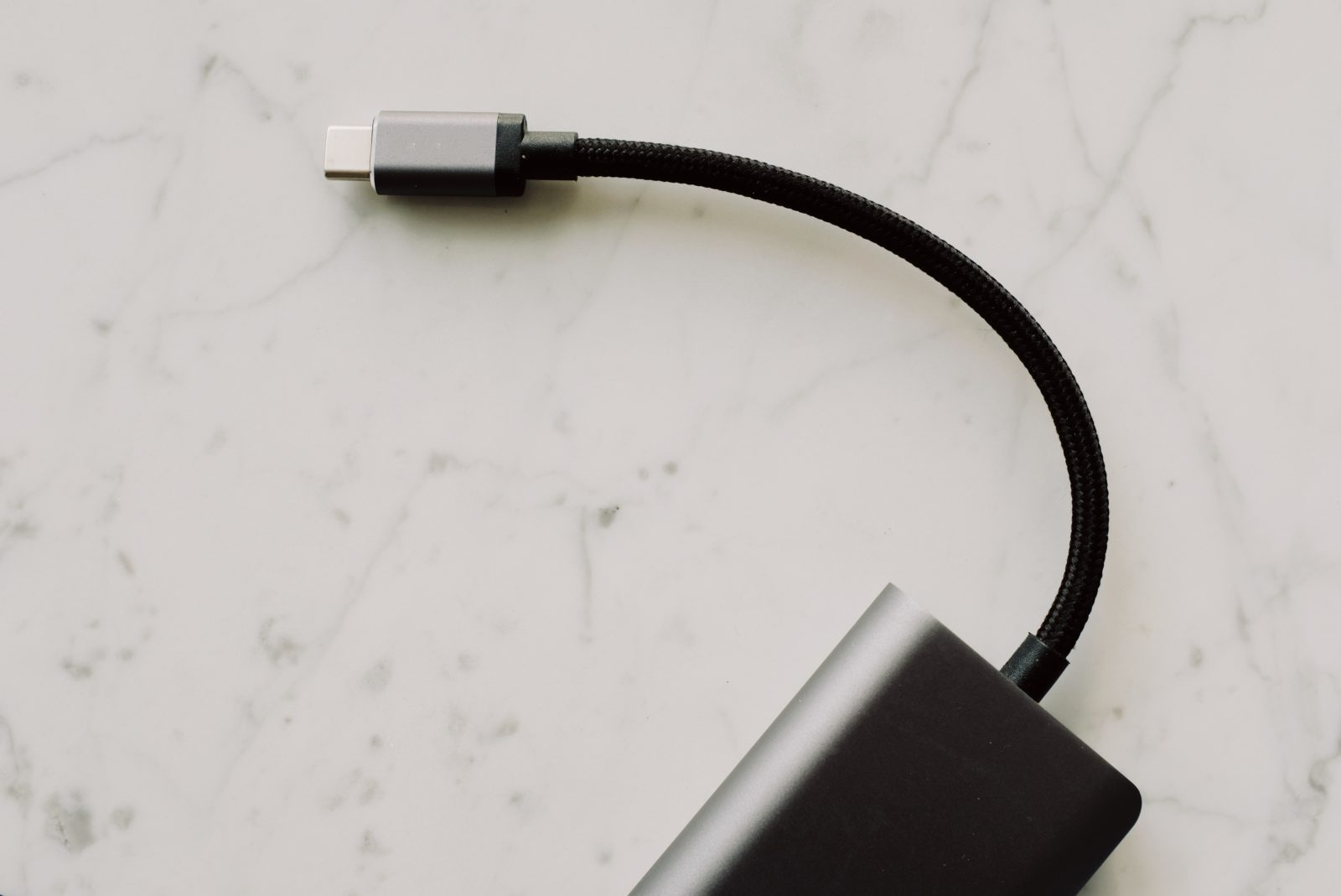On Thursday, the Czech government approved the unification of smartphone chargers to USB-C, following the example set by the European Parliament. Laptops will follow suit two years later. The move is expected to reduce electronic waste and make it easier for consumers to use their devices.
According to Minister of Environment Petr Hladík, the new regulations will also eliminate the need to include charging devices with new phones, allowing users to purchase them only when necessary. The rules will apply to most devices from December 2024 and laptops from April 2026.
The new rules will also include the implementation of the USB Power Delivery protocol, which will prevent manufacturers from unreasonably restricting charging speed.
The European Parliament approved the directive on a unified charger last year in October. The new directive aims to reduce electronic waste and make it easier for consumers to use mobile phones and other devices. The move is expected to save up to 1000 tons of electronic waste annually.
Alex Saliba, a Maltese MEP who helped shape the new regulations, said, “European consumers have long been bothered by the ever-growing number of chargers that pile up at home with each new device. Now they can use a single charger for all portable electronics.”
The European Commission has been working on the unified charger for several years. After negotiations with mobile and electronics manufacturers, the market was reduced from several dozen connectors to just three – lightning (Apple), micro USB, and USB-C. However, many laptop manufacturers still use their power connector solutions.
The new rules will apply to smartphones and tablets and extend to other portable devices, such as electronic readers, cameras, speakers, and wireless headphones. These devices are not always equipped with USB-C connectors, and the more prevalent, older, and slower micro USB standard is often used instead because it is cheaper for manufacturers.
The Czech government’s approval of mandatory USB-C chargers is a significant step towards reducing electronic waste and making it easier for consumers to use their devices. Implementing the new regulations will promote standardization and increase convenience for consumers.






